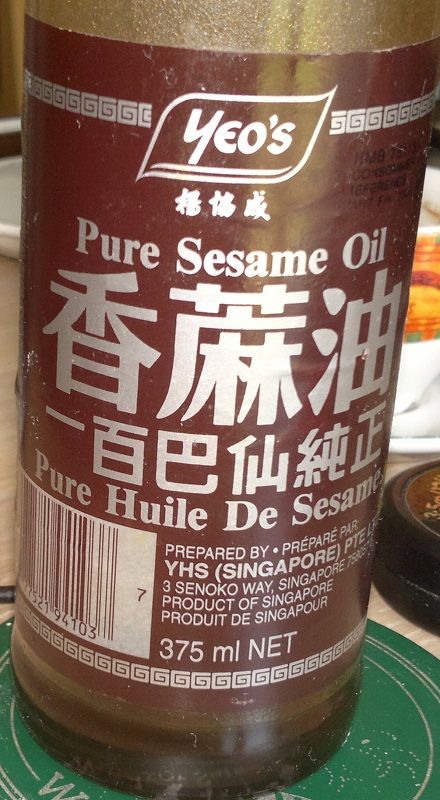I've purposefully never tried cooking with ghee because I'm worried I'd start using it in everything

Agreed about margerines etc though. Depending on the dish I do cook with proper butter occasionally and for spreading we always buy spreadable butter without any oil in it. Again, everything in moderation.
spreadable butters should probably be avoided, as they've must have had there fat changed to be soft at fridge temp. But it all depends how healthy you want to be and no I'm not super healthy, I'm like one of those doctors who smoke, know or at least think I know what current research says, but cant resist that Hagen daz or pizza.
Trouble is there's a lot of bad science out there.
Cholesterol is seen as a risk factor for heart attacks. so lowering total cholesterol with vegetable oils is seen as healthy. As such companies can advertise heart healthy oils. But we also know there are far better risk markers than cholesterol numbers that they use. But no rush to change them carry on blindly with out dated info. good old slow government, medical profession.
However there's been studies that look at the actual heart attacks rate. Rather than just cholesterol numbers, and well they heavily favour throwing margarine and a fair few vegetable oils in the bin.
from all my reading in the last three or so years olive oil is certainly top and by a fair way. coconut oil and butter seem to be neutral to beneficial. animal fats more neutral and vegetable oils generally (although it really depends on which ones) on the bad side, and margarines on the avoid list, and trans fats on the ban list
And as I read more, my thinking does change. Read an interesting piece about fructose (fruit sugar) "intolerance" that was pretty fascinating and it went on to other "intolerances"
seems to be 3 main levels of intolerance. proper diagnosis intolerances which damage gut lining etc, intolerance which doesn't cause such damage but your body rejects it often for an unknown reason, then a more general intolerance where you are just eating more than most people can handle. This piece was saying Germans especially have fruit sugar intolerance. Where Americans generally don't, but they have the more general kind where average most people can handle is about 50g a day (basically run out of a protein transporter that is needed in your intestine to absorb it), but American diet averages 80g. So have issues with IBS type symptoms.




